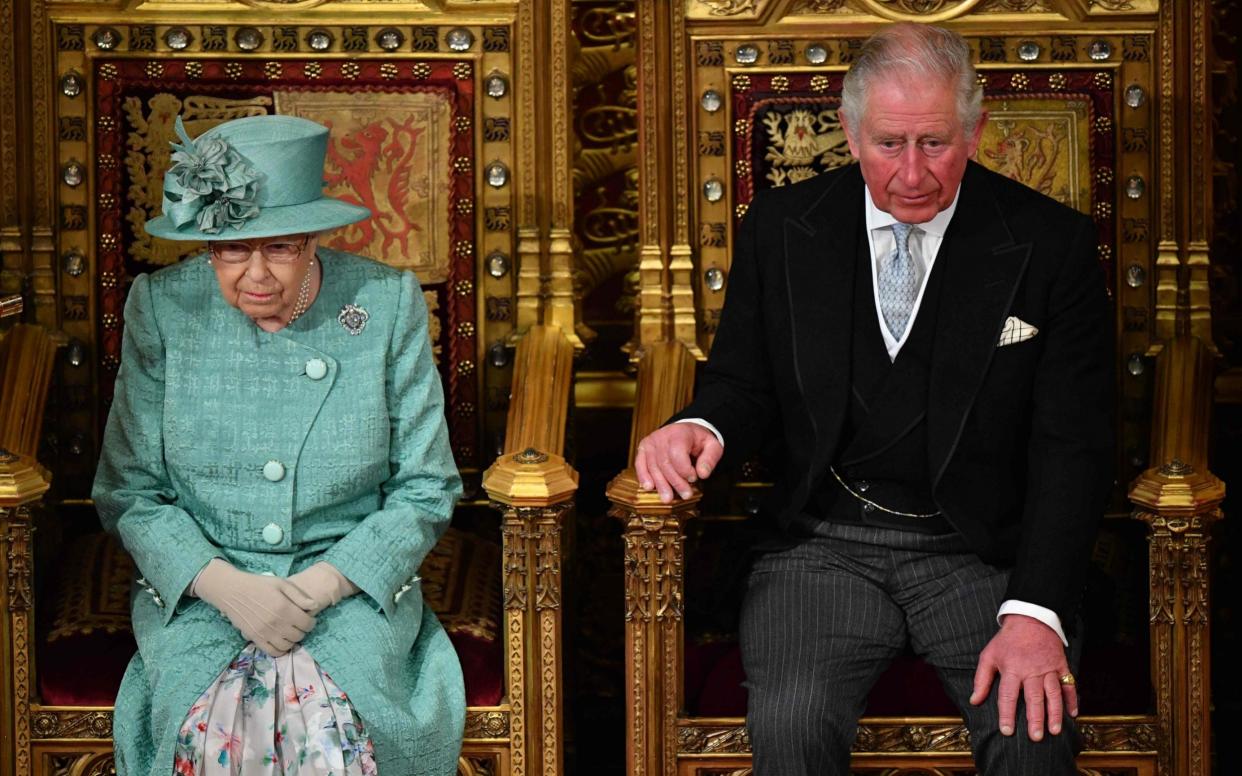Scrapping Parliament 'paralysis' Act could land Queen in court, peers warn

The Queen could be inadvertently dragged into politics and find herself in court if Boris Johnson carries out a plan to scrap laws which guarantee five-year Parliaments, peers warn.
Mr Johnson's Government is committed to ripping up the legislation to guarantee five-year Parliaments which was forced on the Tory Government in the coalition Government by the Liberal Democrats in 2011.
The Conservative party's 2019 manifesto states: "We will get rid of the Fixed-term Parliaments Act (FTPA) – it has led to paralysis at a time the country needed decisive action."
There is speculation after the axing of the FTPA, Mr Johnson might try to revert to the status quo which saw the Queen dissolve Parliament ahead of an election following a request from the Prime Minister.
However peers are warning that unless the FTPA is replaced by new legislation, then it risks the Monarch's decision being challenged in a court action.
Read more: What is the Fixed-term Parliaments Act?

The report says that "the balance of legal opinion ... is that the prerogative power to dissolve Parliament would not be revived if the Fixed-term Parliaments Act was simply repealed with no further provision made.
"This view holds that prerogative powers are the vestiges of monarchical power and when put into statute they are extinguished permanently."
It adds that "if the FTPA was repealed without specifying replacement arrangements for dissolution, and subsequently the prime minister advised the Monarch to dissolve Parliament, the decision to dissolve might be contested in the courts".
The peers say: "Attempting to revive the prerogative power of the Monarch to dissolve Parliament would raise the possibility of legal challenge to the Prime Minister's advice to the Monarch, or the Monarch's decision to dissolve Parliament.
"This must be avoided in order to avoid inadvertently politicising the role of the Monarch."
Last year there were talks between Buckingham Palace and top civil servants which ensured the Queen was not drawn into the Brexit impasse although Mr Johnson's decision to prorogue Parliament was successfully challenged in the Supreme Court.
A Cabinet Office spokesman said: "The Fixed Term Parliaments Act was passed by the Coalition in unique circumstances and led to parliamentary paralysis at a critical time for the country.
"This is why the Government's manifesto made a commitment to repeal the Fixed-term Parliaments Act, and careful consideration is being given to what will need to be put in place to ensure that this important element of our constitution, the right to call an election, enables the effective operation of our democracy."


